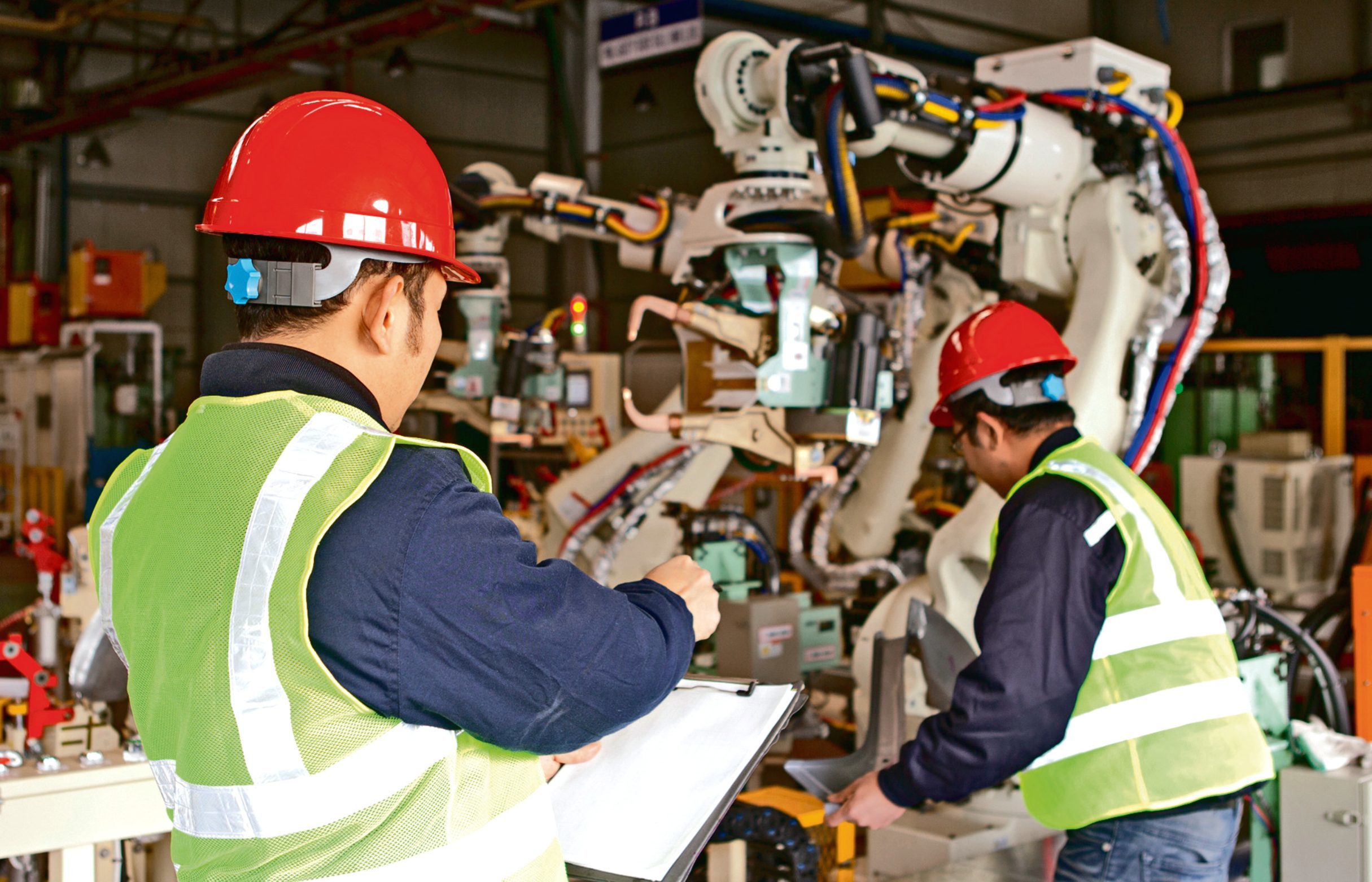
NEARLY half of all jobs in Scotland could be performed by machines in 10 years’ time, a new report has warned.
A study by the Institute for Public Policy Research Scotland think tank said that 46% of jobs – about 1.2m – are at “high risk” of automation by 2030.
According to the research, by then adults are “more likely to be working longer, and will often have multiple jobs”.
And people will need more training and career support throughout their working life.
The IPPR is now calling for the creation of a new unit to tackle poor levels of career progression among low-skilled workers.
The organisation said it suspected the problem was “related to the attainment gap at school”, adding that addressing the issue would “work to tackle rates of in-work poverty and drive social mobility in Scotland”.
Its Scotland’s Skills 2030 report stated: “The world of work in 2030 will be very different to that in 2017.
“People are more likely to be working longer, and will often have multiple jobs, with multiple employers and in multiple careers.
“Over 2.5 million adults in Scotland (nearly 80%) will still be of working age by 2030.
“At the same time, over 46% of jobs (1.2m) in Scotland are at high risk of automation.
“We will therefore need a skills system ready to work with people throughout their careers.”
While qualifications levels in Scotland are higher than the UK average, the report said that Scotland continued to have “lower rates of in-work progression”.
Meanwhile, pay rates have reduced in real terms and are behind those of the UK.
The think tank suggested that skills qualifications “should be reviewed to ensure they remain fit for their purpose”.
It also called for the Scottish Government to consider how business tax allowances could be used to encourage investment in skills by employers.
Director Russell Gunson said: “Scotland urgently needs to design a skills system better able to work with people already into their careers to help them to retrain, re-skill and respond to the world of work of 2030.
“Scotland has a strong record on skills in many ways, and in this report we find that Scotland is the highest-skilled nation in the UK.
“However, our system has a clear gap. We don’t have enough provision for people who have already started their careers, and employers are not investing to fill this gap.
“To respond to the huge changes facing Scotland around demographic, technological and climate change – and of course Brexit – we’re going to have to focus on retrofitting the current workforce to provide them with the skills they need, to deliver the inclusive economic growth we wish to see.
“Our report makes a number of recommendations to help Scotland plot a path through these challenges, to reform the skills system in Scotland, to help to secure an economy that delivers fairness and reduces inequality.”
Scottish Labour leader Kezia Dugdale called for a “laser-like focus” on providing people with the skills they need to compete for the jobs of the future. Automation will change our economy whether we like it or not,” said Ms Dugdale.
“We’ve seen the effect that automation and jobs moving overseas has had on many traditionally working class communities across the developed world.
“It has led to the devastation of many communities.
“Now, automation is replacing many of what we have previously considered white-collar, middle-class jobs.
“Neither the Scottish nor UK governments are prepared for this change. They are too obsessed with their narrow minded, separatist agenda to deal with the big questions our country faces.”

Enjoy the convenience of having The Sunday Post delivered as a digital ePaper straight to your smartphone, tablet or computer.
Subscribe for only £5.49 a month and enjoy all the benefits of the printed paper as a digital replica.
Subscribe